On Monday, at 11 weeks, Sulaiman discovered his little baby tongue. He spent the entire…
How We Help Our Autistic Son Stop Bullying His Younger Siblings
Based on multiple comments and questions I receive, I decided to blog about how we helped Ayub stop bullying his younger siblings. He does have anger management issues and sometimes can get physically aggressive. It’s one of our biggest concerns and struggles. Ayub’s therapist is consistently helping him regulate his emotions and in particular, managing his anger.
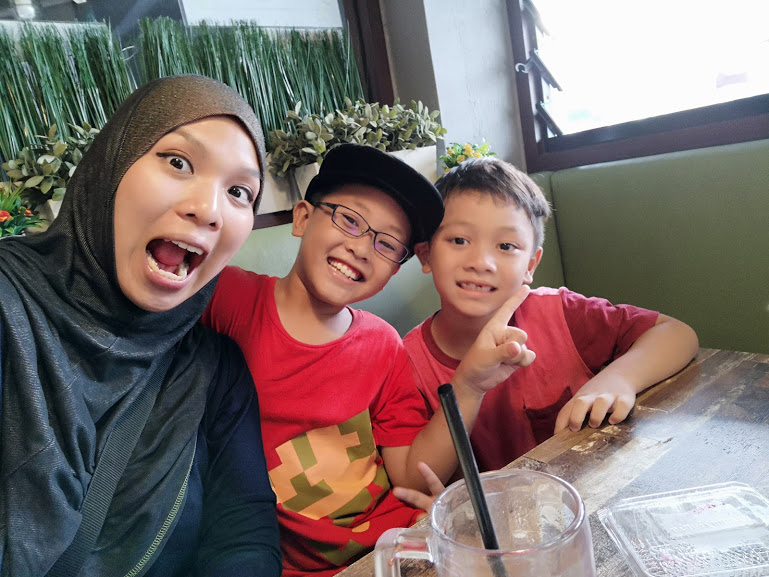
I don’t believe Ayub has any malice in what he does. His anger and aggression stems from a lot of different frustrations that often get triggered by outside forces beyond our control. Of course, it’s up to us to help him figure out a way to channel that frustration in a healthy way that doesn’t cause harm to himself or others.
Dealing with episodes of aggression
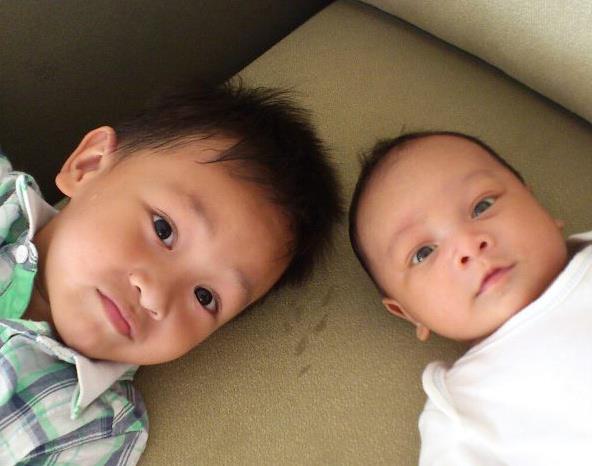
When Ayub and his little brother Sulaiman were much younger, we could not leave them alone in the same room for a few minutes. It was far too dangerous for Sulaiman. Ayub’s boisterous play could knock his baby brother over, or he would get triggered by something seemingly insignificant to us, and take it out on Sulaiman.
I remember when Ayub was 7 years old and Sulaiman was 4 years old, they were happily playing downstairs in the living room. I went to the toilet upstairs, and in an instant heard a loud scream followed by wailing. When I ran downstairs, Sulaiman was sobbing on the floor and Ayub was sitting completely still like a statue just staring at me.
Long story short, Sulaiman had a piece of paper, Ayub wanted the paper, Sulaiman didn’t want to share, so Ayub punched him in the face. Sulaiman was left with a swollen lip and bruised cheek.
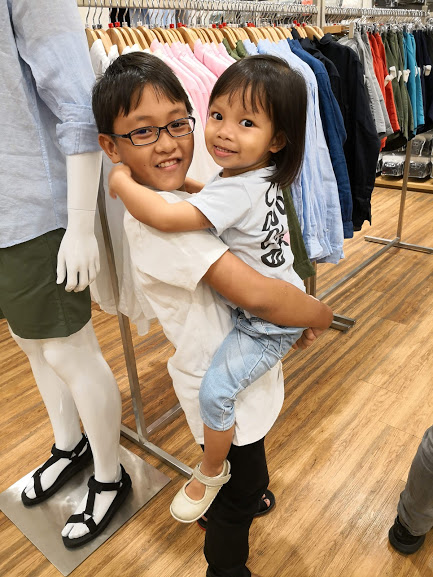
It is very rare that Ayub lashes out physically, but it shouldn’t happen at all. A few months ago, Aisha walked into his room and messed up his Pokemon cards that he had organised on his bed. Ayub pushed her down and tried to stomp on her. It was scary. Ayub and Aisha are the bestest of friends. They really truly love each other.
Dealing with verbal abuse
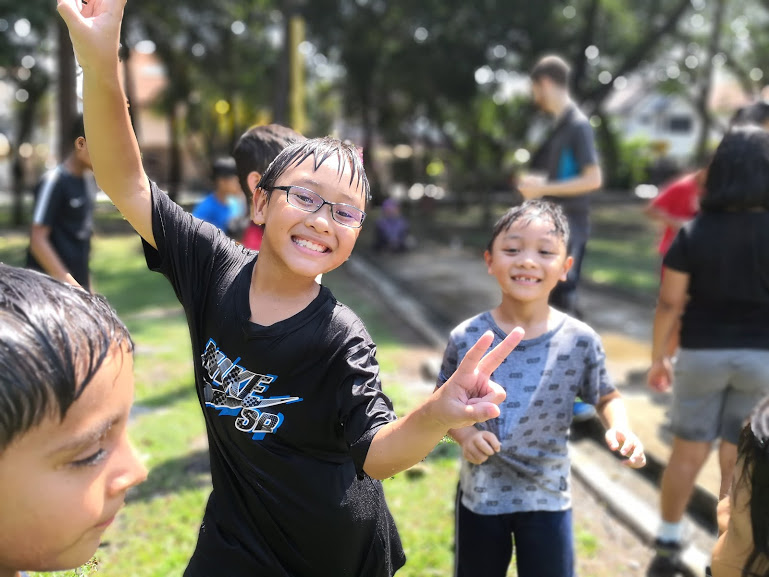
I’ve heard from other parents who have to deal with their autistic child verbally (and sometimes physically) abusing them. Fortunately, Ayub has always been very respectful towards adults (and for the most part, other children). But I guess he sees his siblings in a different light. Perhaps because he’s most comfortable with them and of all the people in the world, trusts them the most? I like to think so.
In any case, Sulaiman in particular, often bears the brunt of the abuse. He gets called “dumb” and “stupid,” or gets teased for not being as fast or strong, or just straight up gets shouted at by Ayub for not following Ayub’s rules of a game. Ayub has a tendency to put Sulaiman down. Poor little Sulaiman. He’s an amazing child. He’s incredibly bright, top of his class, and has always been teased at school.
The thing is, Ayub is the kindest, most compassionate person I know. To animals, babies, other people. He’s all heart. That makes it even worse when he has these episodes of being a nasty person.
Anyway, things have gotten much better over the years. Here are the steps that we’ve taken to help support Ayub:
1. Speech therapy to work on language, communication, comprehension
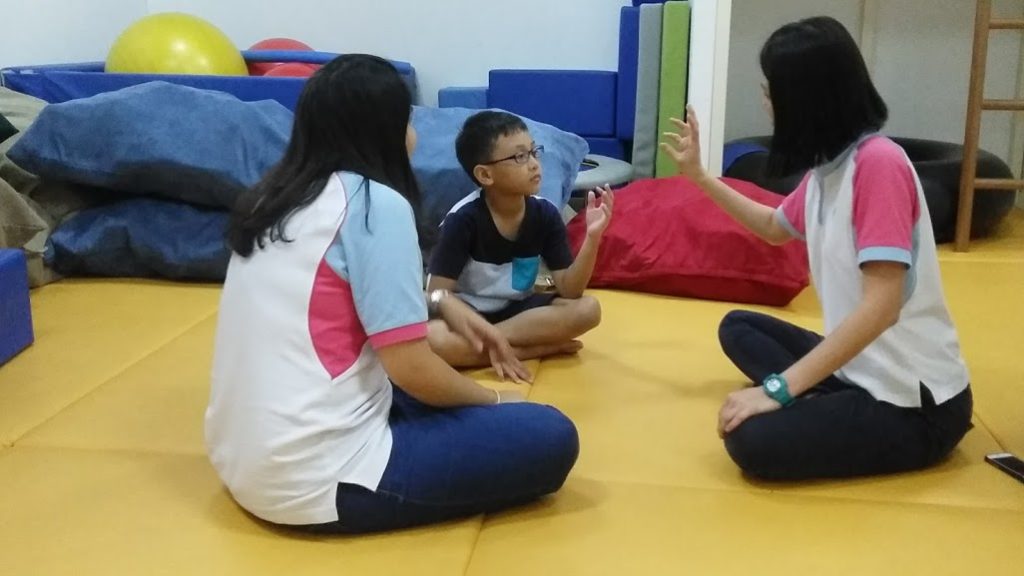
Ayub’s behaviour improved significantly once he started having regular speech therapy sessions at Oasis Place. Before that, a lot of his meltdowns were triggered by miscommunications and misunderstandings. He simply didn’t have the language skills to understand his own thoughts, nor could he explain and converse with people around him.
Until the age of 7, he could barely string together a coherent sentence. This made it impossible for him to make and maintain friendships with his peers. And also made it super difficult for him to speak, communicate, comprehend, and play with Sulaiman (who is 3 years younger).
Now Ayub is able to hold conversations with his little brother and sister, as well as his cousins and classmates. There are fewer disagreements and fights because he’s able to communicate his thoughts, needs, wants.
2. Playing games at home to show him how to win and lose graciously
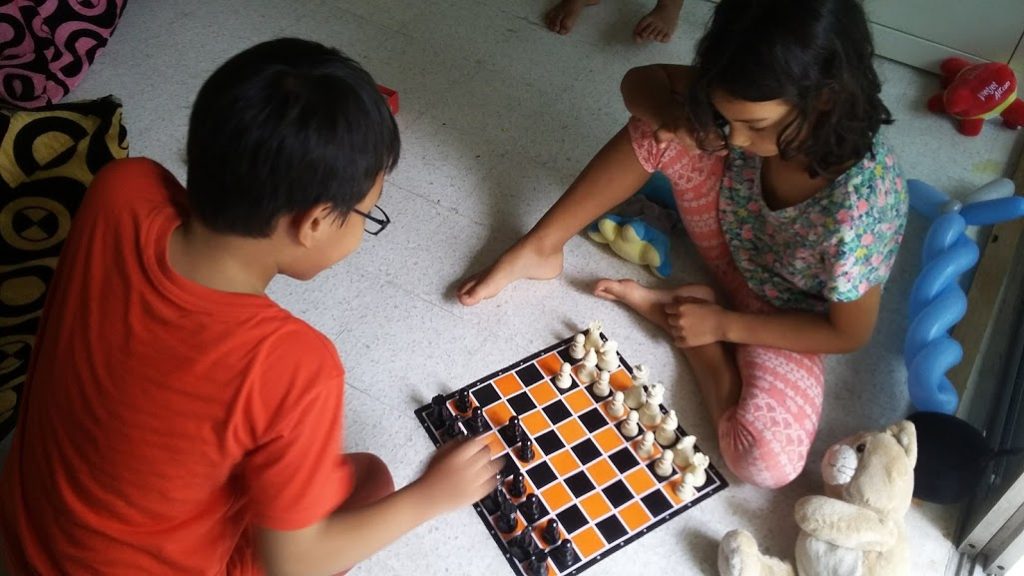
Therapy doesn’t just have to be at hospitals or centres, it can be worked on at home. We’ve found that playing games is a good way to help Ayub. Losing often triggers meltdowns and aggression. So we play a lot and talk through our feelings.
“It’s just a game. It’s not a big thing. It’s just for fun. No need to be angry…” We learn to congratulate the winner, learn how to be better the next round, learn to be kind and encouraging of others. Stuff like that. Monopoly, charades, angry birds card games, Vangorro, carom, and other family games.
3. Emotional regulation
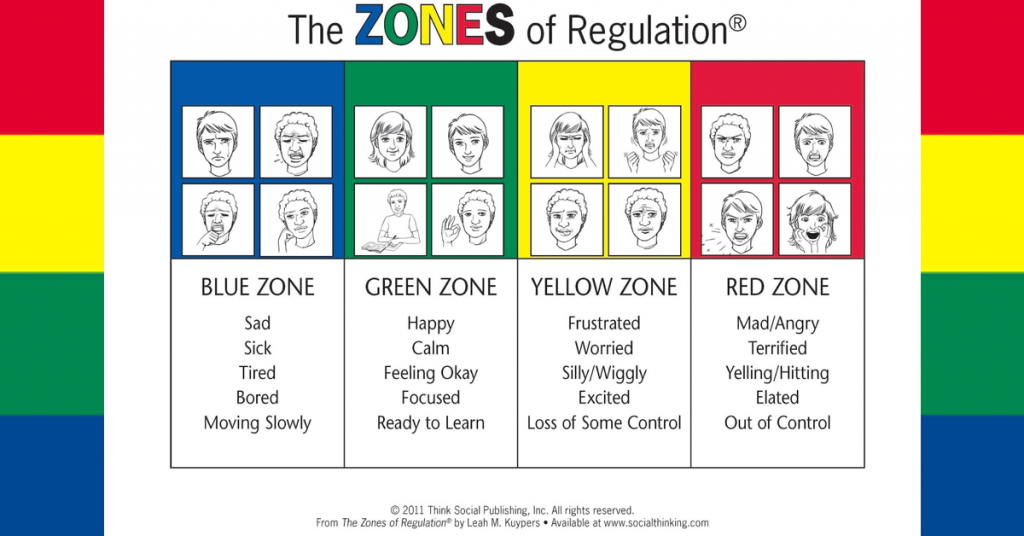
Having a visual like this Zones of Regulation thing has really helped Ayub to understand his emotions. I believe autistic people tend to have a smaller emotional range. I know Ayub’s main emotions are happiness, sadness, and anger. He once asked me what jealousy meant and what it felt like and why people felt that way. He just doesn’t have that emotion on his range. I think it’s kinda a beautiful thing. He’s just so pure and good.
Anyway, with the Zones of Regulation, Ayub knows it’s best to be in the Green Zone, it’s ok to be in the Yellow Zone, but it’s not so good to be in the Red Zone. We have steps to take if he gets in the Red Zone. Sometimes he doesn’t remember. Especially when he gets too angry and loses control. But it definitely helps.
4. Lots of serious black & white talk
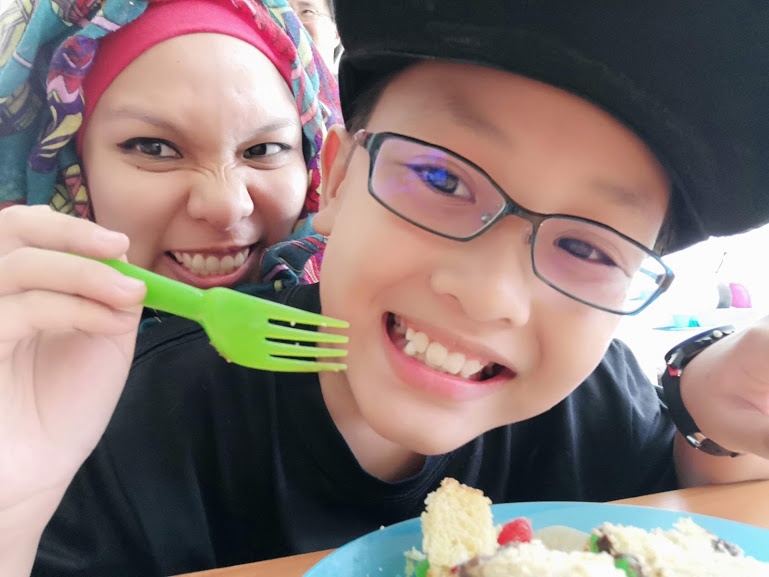
Ayub is a very black and white person. Everything is clear cut for him. Good vs evil. Right vs wrong. Now that he’s older, he’s beginning to see the grey areas. (Especially when watching a lot of Marvel movies because Loki and Yondu)
But sitting down and having serious talks with him about the consequences of his actions has made him more self-aware. Not just, “don’t hit because it hurts people.” But “if you hit someone, you can get into a lot of trouble. People go to prison for doing bad things like hitting people. Don’t hit people.”
Sounds harsh, but it’s true. People don’t care if the perpetrator is autistic. If you hurt someone, you’re going to get into trouble.
5. Physical separation
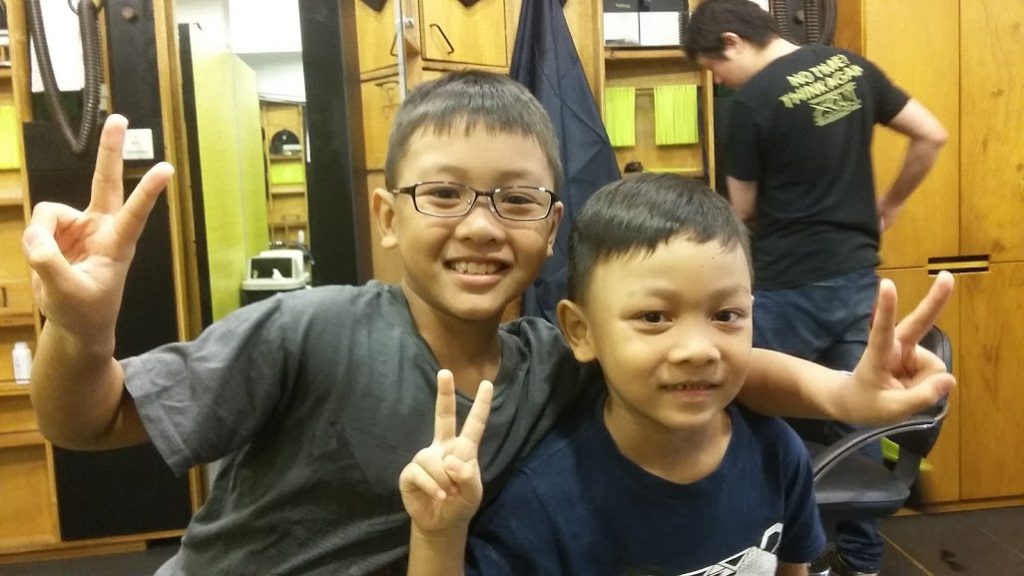
Ayub and Sulaiman have been besties since the day we brought Sulaiman home from the hospital. They play together, sleep together, eat together, do everything together.
At one time, things were just getting too tense between them. The bullying was just too much, no matter how many pep talks and punishments I gave to Ayub. So we just separated them.
I moved Sulaiman out of their shared bedroom to his own room. I stopped allowing them to shower together. I made one play upstairs while the other was downstairs. Eventually they reconciled on their own, the way siblings do, and things are much better now.
Sulaiman even moved back into their shared room.
It gets better over time
I think, over time, Ayub has gained a lot of maturity and wisdom. It’s definitely important to keep supporting him with therapy and the like, but time has really made a difference. He’s grown so much as a person. His understanding of himself and the world around him is much more concrete.
As we prepare ourselves for the oncoming teenage years, I’m hopeful that Ayub and his siblings will continue to love and support one another, through the bickering and the arguing and the bonding.
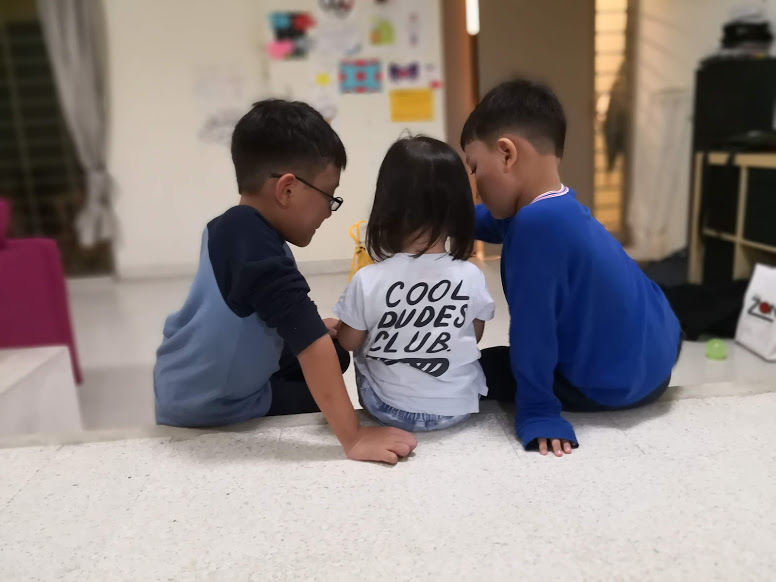
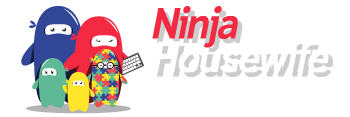

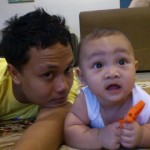
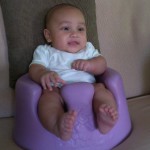
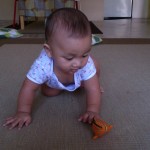
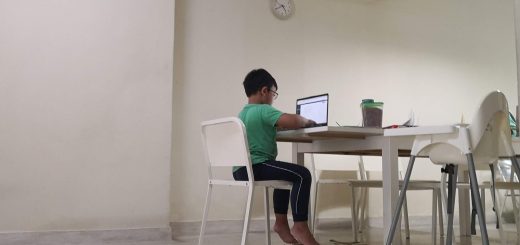
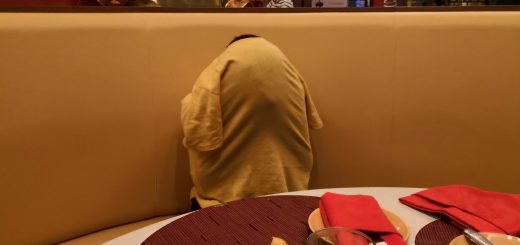
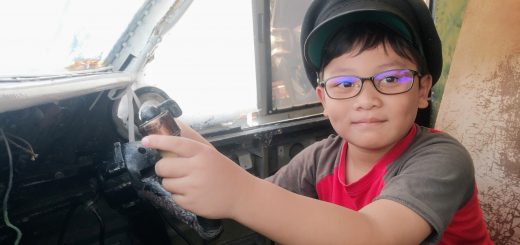

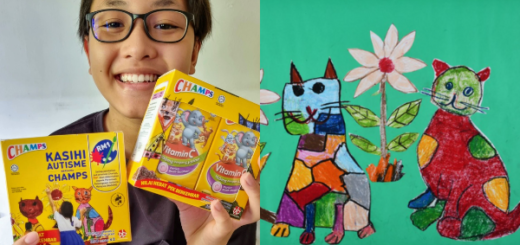
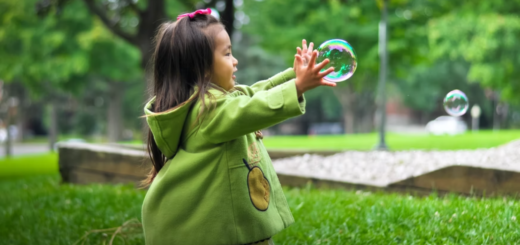
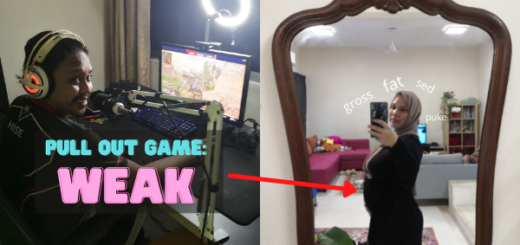
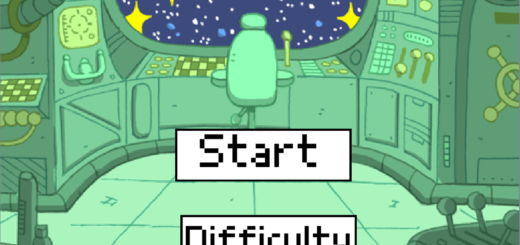



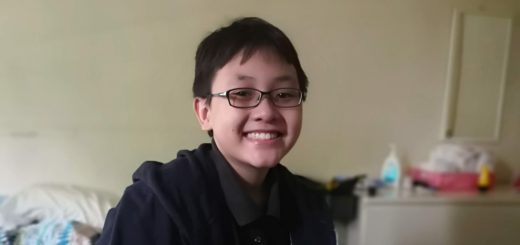
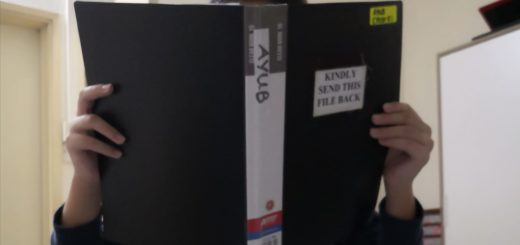
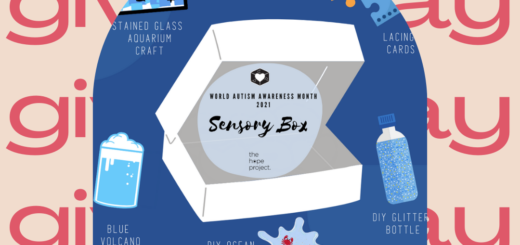
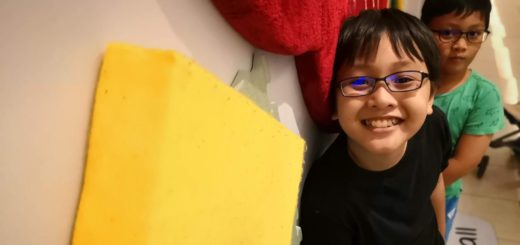

Facebook Comments